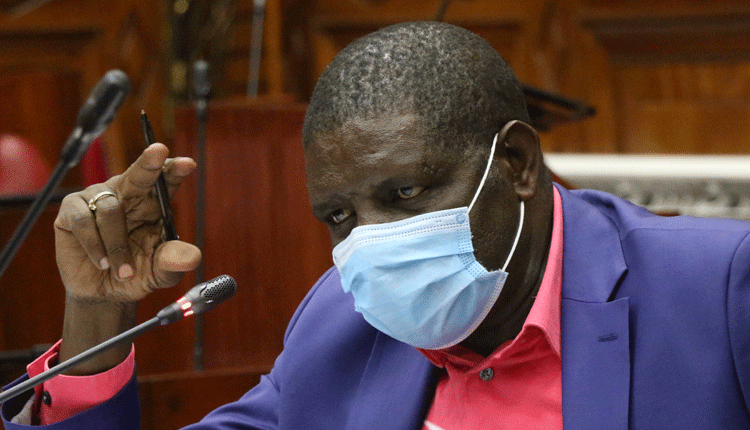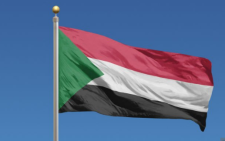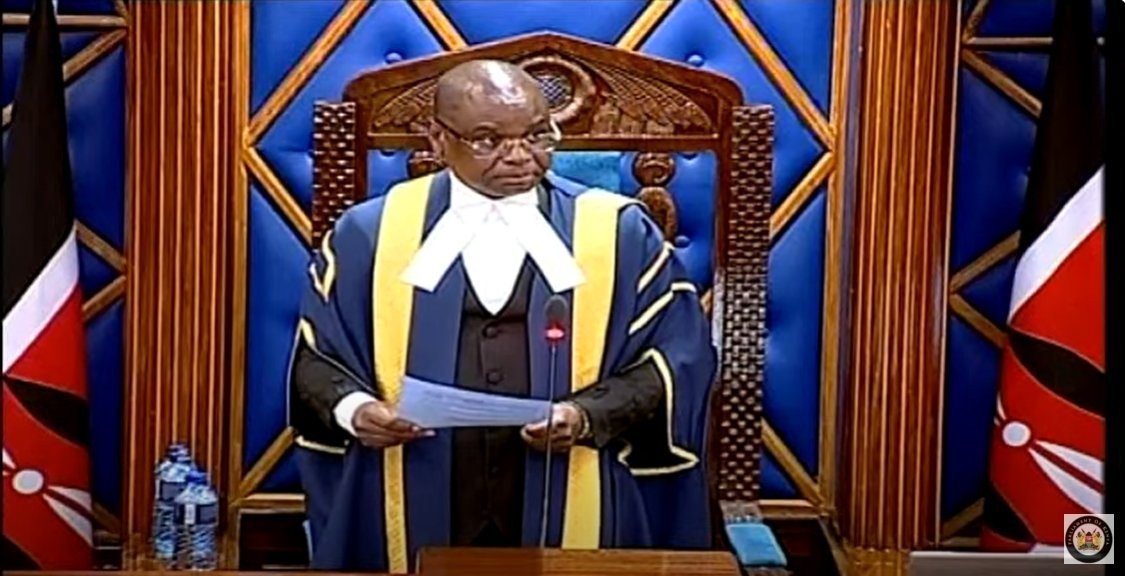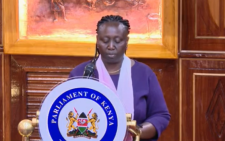MPs want Kenya Power to review agreement

National Assembly’s Energy Committee has asked the Independent Power Producers (IPPs) to consider renegotiation of Power Purchase Agreement (PPAs) partly blamed for the current high cost of electricity.
The committee has been meeting with IPPs to look at the terms of their contracts with Kenya Power and Lighting Company, circumstances under which it was signed, and whether they are willing to renegotiate the contracts or terminate it.
PPAs are primary contracts between the public and private sector parties, which underpin a power sector project.
They usually provide the primary revenue stream that underwrites Public–Private Partnership (PPP) project.
Ongoing discussions that have seen IPPs directors give the meeting a wide berth led to a frustrated Energy Committee chair David Gikaria request for a compromise on the contracts.
“Are you able to sit down with your people to come up with renegotiation or termination all together?” the committee’s chair Gikaria asked Triumph Power Generation Co. Ltd.
General Manager Siva Shankar Kota, who said he needed to consult IPP’s investors first.
“It will be a difficult question to answer because obviously renegotiating of tariffs has to be discussed with the lenders,” Kota said.
Asked whether the committee would recommend doing away with IPP’s, Gikaria said he favoured re-negotiation, as the IPPs brought a different kind of mix of energy on the national grid.
Excess capacity
“Again you cannot just depend on the base rate because if you do so, at some point you will get stuck.
My thinking is can we renegotiate those terms and that is the direction we want to go,” he said.
Analysts have blamed the skewed PPA for the expensive power.
Under the typical PPA, a power producer gets paid for any electricity produced, even if it is impossible for Kenya Power to sell it to consumers due to excess capacity and other reasons.
Gikaria said IPPs are being paid 10 times the capacity charged, unlike the actual supply they give to KPLC.
He said as the energy committee, they have refused to be coerced into giving more funding for power generation, and instead decided to concentrate on transmission and distribution, as that is where demand is.
“Our supply is 3,300 MW a day and the consumption is 2,200 daily so we are losing 1,100 MW and that is a lot of money,” he said.
Higher tariffs
He blamed the country’s poor tax regime as part of the reason for the higher tariffs, where the only place the government was able to collect money was through electricity since everybody needed the commodity.
“I think it is up to the Finance committee and us as Members of Parliament to start looking at the country’s tax regime. Out of the Sh100, you only get value of Sh55,” he said.
Gikaria further said they will be advising the Finance Committee to adjust the lifeline limit from zero to 20 units per month.
Currently it is from zero to 10 units monthly that targets those who use a radio or televisions.











